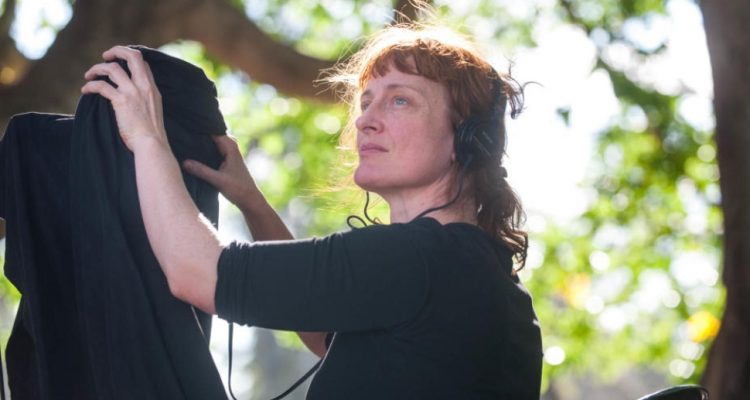Of all the news coming out of the official lineup announcement of the Venice Film Festival today, the one that seems to have gone under the radar is the lack of female representation in the competition. Much like the Cannes Film Festival earlier this year, Venice has a distinct lack of female voices in its competition in 2018. Of the 21 films selected for the official competition this year, only one is by a female. And according to the Venice Film Festival director, it’s not their fault at all.
In an interview conducted earlier today in Rome by THR, Venice Film Festival head Alberto Barbera explained why there is a lack of women filmmakers in the competition, and how it has nothing to do with their selection process.
“Putting another film in the main competition just because it’s made by a woman, from my point of view, that would be really offensive for the director,” Barbera said. “I would prefer to change my job if I would be forced to select a film only because it’s made by a woman and not on the basis of the quality of the film itself.”
While no one is saying that Barbera, and the Venice Film Festival, should have a quota to fill, the event stands as one of the most lopsided festivals in the world. Much like this year, last year’s Venice Film Festival featured only one woman, as well.
Barbera goes on to explain he watched 1,500 films this year for consideration and around a third of those projects were helmed by women. Simple math would dictate that the women directed approximately 33% of those films. Compare that to the roughly 5% of films directed by women found in the official competition. Something doesn’t quite add up.
“As I’ve said many times in the past, the best way to see a film is watching it without reading the credits. I don’t want to be influenced by the filmmaker. I don’t care if it’s a woman or a man,” he says. “My job consists in deciding if it’s a good film or not, and if a film is better than another one.”
He’s definitely right that the names in the credits shouldn’t dictate which films get chosen. However, he goes on to admit that with some of the higher profile films, such as Alfonso Cuaron’s “Roma,” it’s difficult for him not to recognize the filmmaker.
READ MORE: ‘Roma’: First Teaser Trailer For Alfonso Cuarón’s Long-Awaited Drama Will Wash Over You
But again, he wants you to know, the disparity is not Venice’s fault.
“Of course I would be happy to have more females in the festival, but it doesn’t depend on me,” he explains.
So, who does it depend on? Barbera says that the real change needs to happen at the beginning of the process, not at the festival stage. He says that studios and executives need to understand that “female directors are as good and as creative as their male colleagues.” However, until that happens, you can’t blame the festival for only choosing 1 female filmmaker out of the approximately 500 films directed by women that were submitted.
“You need to change the possibility to approach the profession, to give women the same possibilities that are given to men now, and this is something that is out of our hands,” he says. “Venice can’t do anything about that. It’s not up to us to change the situation. It came too late in the process of filmmaking.”
However, it’s hard to hear these reasons, when you look at the other major fall festival that announced its lineup yesterday, the Toronto International Film Festival. TIFF has an incredible lineup of films in competition, with a total of 17 selected. Unlike Venice, of those 17 films, 5 are helmed by females.
Now, obviously, there’s more to it than just picking the best films. There are the big names that want to premiere. There’s the politics behind-the-scenes. But in 2018, to only have 1 out of 21 films directed by a woman is sure to raise eyebrows. For Barbera and the Venice Film Festival, change will come…but slowly.

